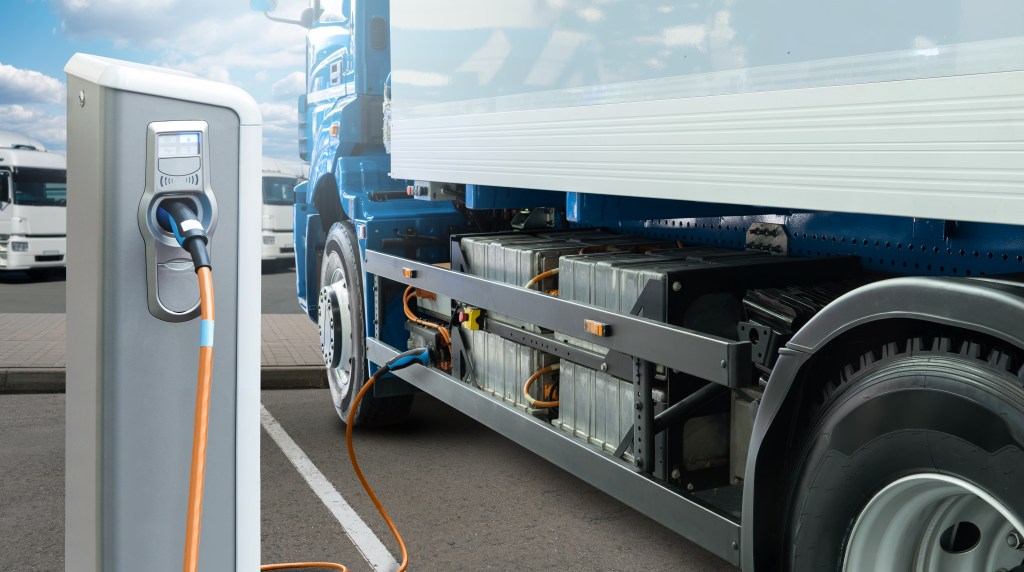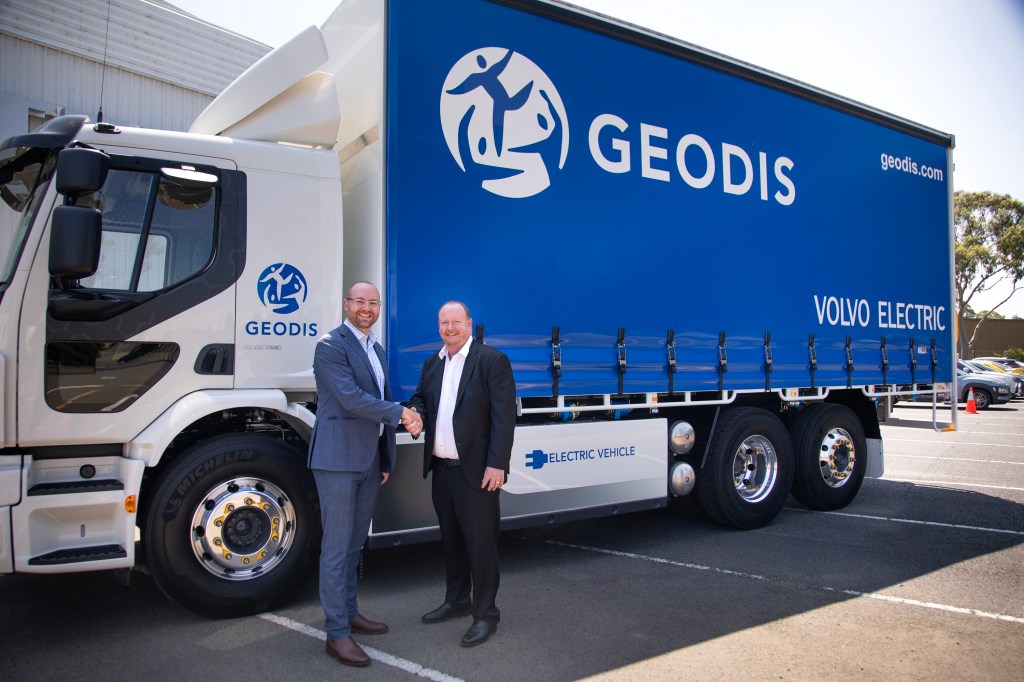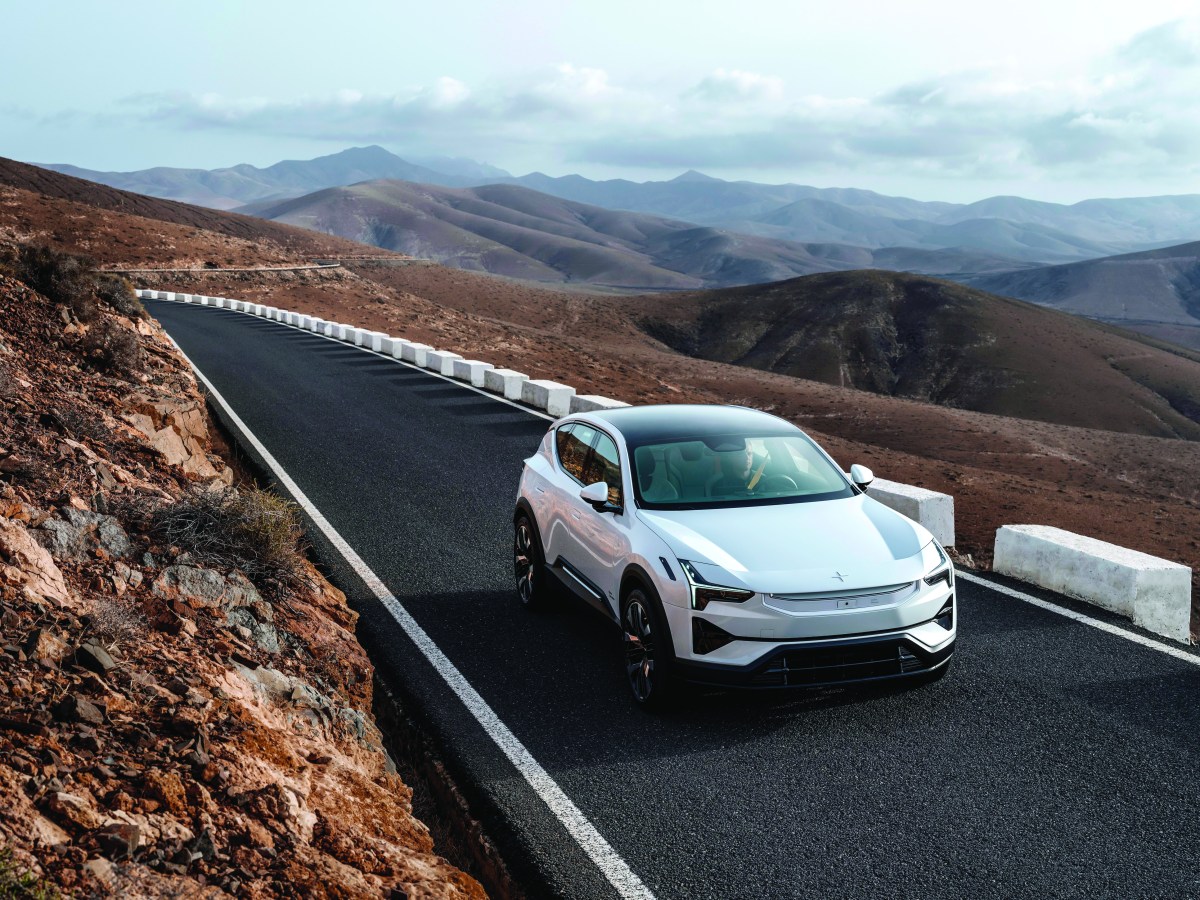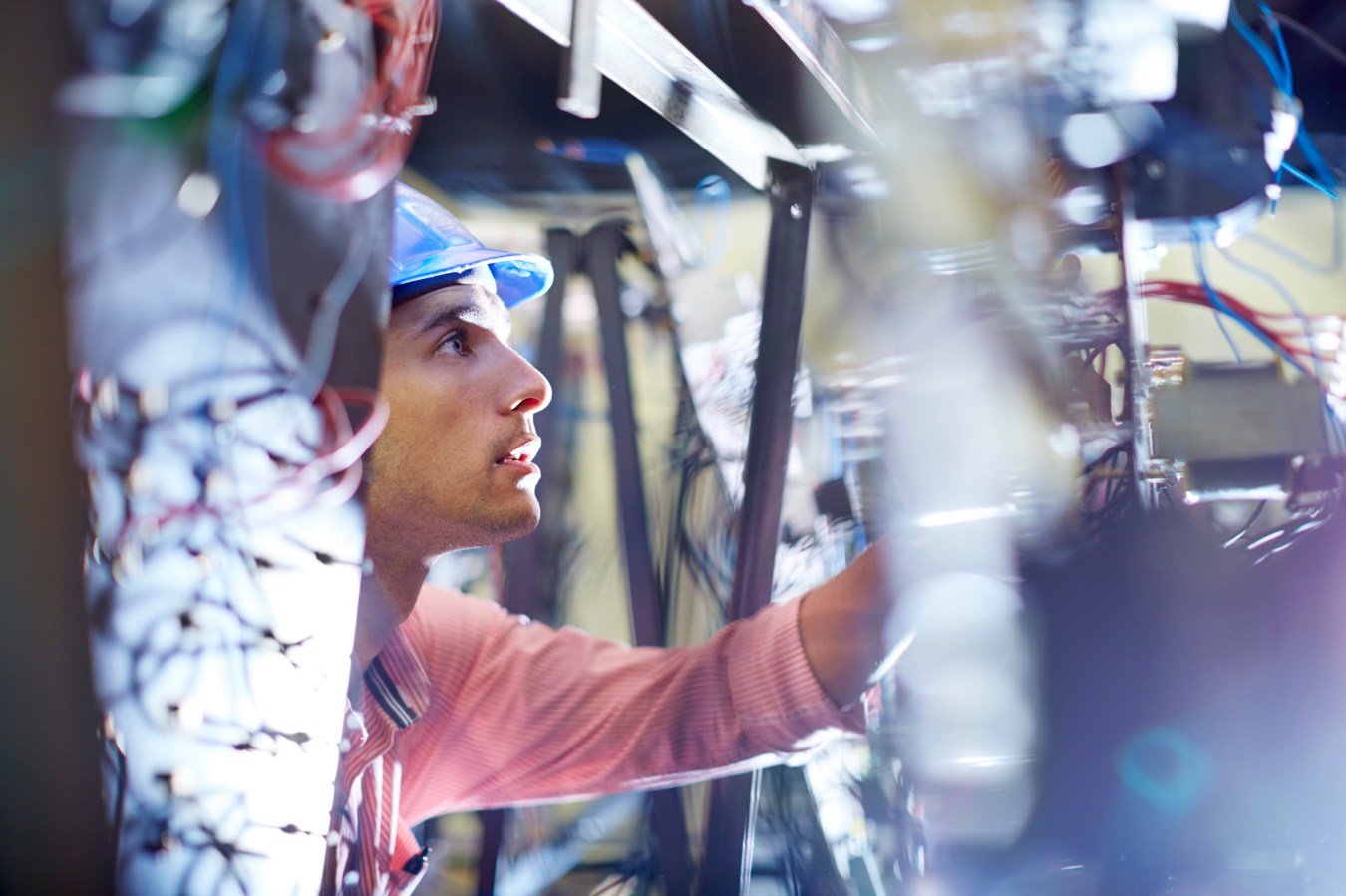Australia might lag behind the rest of the world when it comes to the adaption of electric vehicle (EV) infrastructure, but it hasn’t stopped companies such as Australia Post and global freight and logistics company GEODIS from partnering with Volvo Australia to pilot fully-electric truck fleets

EVs account for just 5% of new vehicle sales in the Australian passenger vehicle market. This compares to around 90% of new car sales in countries such as Norway. But that hasn’t stopped Australia Post and logistics company GEODIS from thinking ahead of the curb and trialling Volvo’s EV trucks as a new way to modernise Australia’s petrol-guzzling fleets.
Currently one of the greatest challenges facing growth in EV technology in Australia is the lack of infrastructure – or changing stations – throughout the country. Another hurdle is the lack of fuel emission standards in Australia, which the Federal Government is looking at fixing in its long-awaited National Electric Vehicle Strategy.
You can read a full report on the rapidly changing EV industry and the people leading the change in Forbes Australia’s: Australia’s 50 Richest – out on newsstands now!
Related
Volvo’s recent partnership with GEODIS will see FE model trucks – powered by both solar energy and energy-efficient charging systems – deployed as part of a plan to give customers “sustainable delivery solutions” that completement GEODIS’ existing freight services. Volvo FE trucks will be powered by a specially designed charging infrastructure that charges vehicles faster and draws power from solar reserves.
Australia Post – which has one of the largest truck fleets in the country – has also announced it is trialling Volvo EV technology. It will use the Electric FL model for parcel delivery, which has a 300-kilometre range.
Australia Post Divisional General Manager South, James Dixon, says the company has “worked hard to help reduce our carbon emissions over the last decade” and currently has the largest fleet of electric delivery vehicles in Australia.
“We will continue to push electric vehicles into our fleet where we can to help reduce emissions wherever we can,” Dixon says.
As part of its program, GEODIS will assess the fleet’s driving range and suitability of heavy loads (up to 7,500 kilograms) to be transported across 200-kilometre ranges within metropolitan areas.
GEODIS says the full integration of the trucks into its Australian fleet would completely remove fine particles and nitrogen oxide caused by its trucks as well as but direct carbon emissions by 95% (when compared to diesel trucks). GEODIS sub-regional. Pacific MD Stuart Asplet says the move is part of its mission to “decarbonize the supply chain industry”.

“We recognize the growing importance of integrating both sustainable and innovative solutions into the supply chain ecosystem, especially as more of our customers look to us to transport their cargo in an ethical and sustainable manner,” Asplet says.
Volvo has always been known for its focus on safety and design, but it is also proving its leadership potential in the EV space. In December, its Australian arm sold more EV vehicles than combustion engine cars – an extremely rare feat for the Australian automotive industry. In January Volvo Car Australia MD Stephen Connor said the company plans to double its EV sales in 2023, launch a new electric small SUB and make investments in smart tech.
Volvo Group Australia, electromobility manager, Tim Camilleri, says it has always been a priority to grow the company’s Volvo FE fleet in the Australian heavy vehicle market.
“Bringing low-carbon and more circular transport solutions have always been a key priority for us, and this strategic partnership is one of the many steps that we are taking to build a more energy-efficient transport ecosystem for the market.
“By developing lower-emissions and safer transport solutions, we hope to be able to provide our customers and their stakeholders the ability to also reach their sustainability targets,” Camilleri says.
Look back on the week that was with hand-picked articles from Australia and around the world. Sign up for the Forbes Australia newsletter here.



